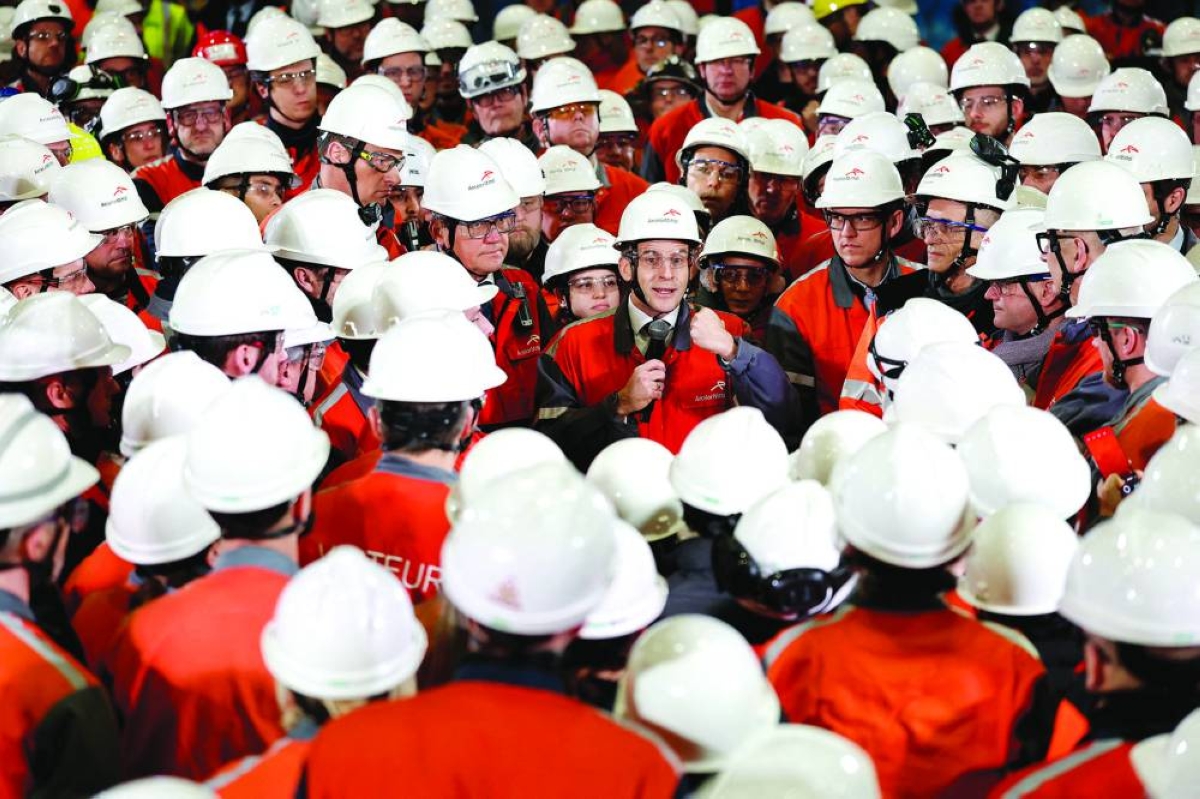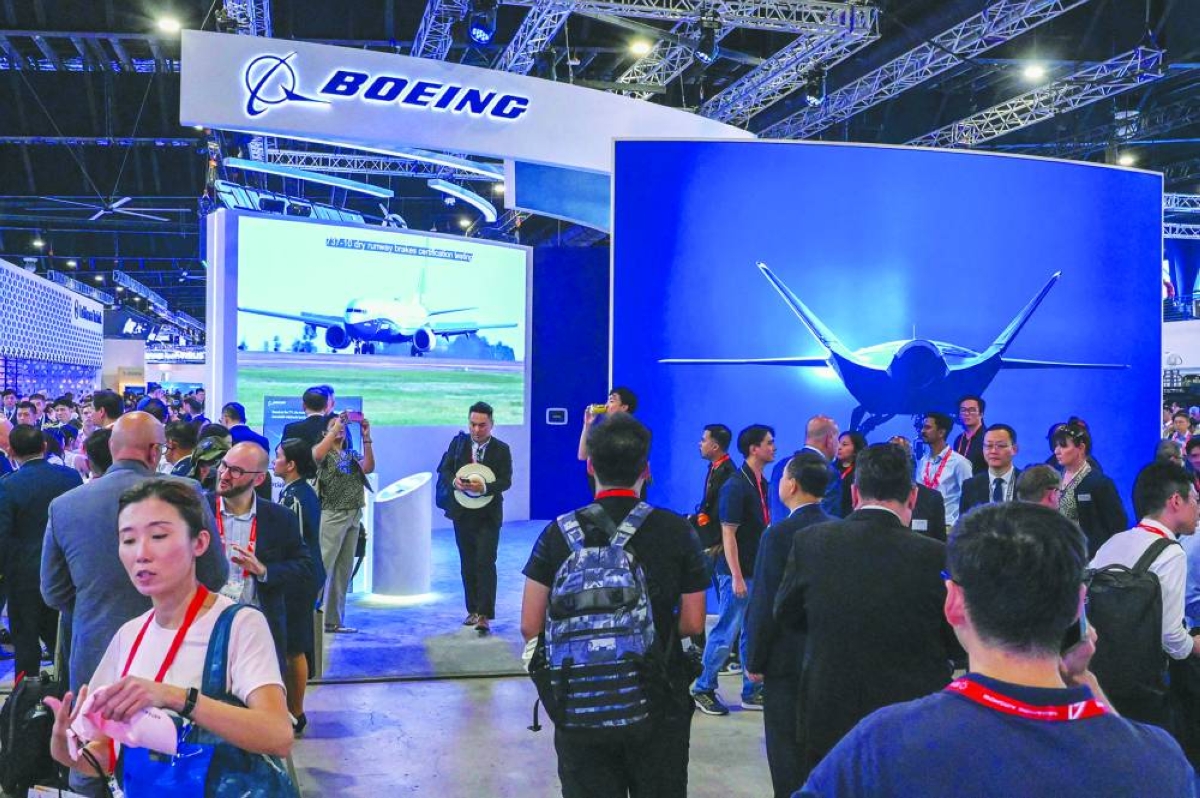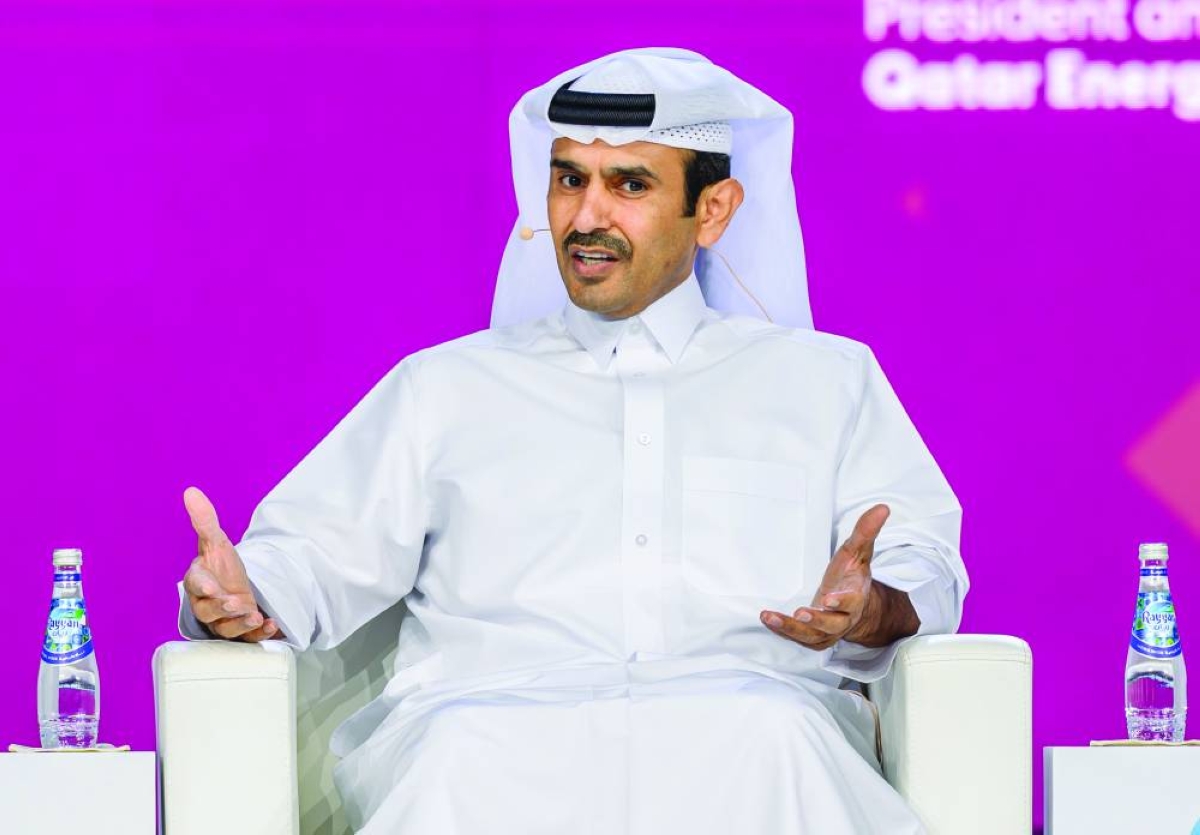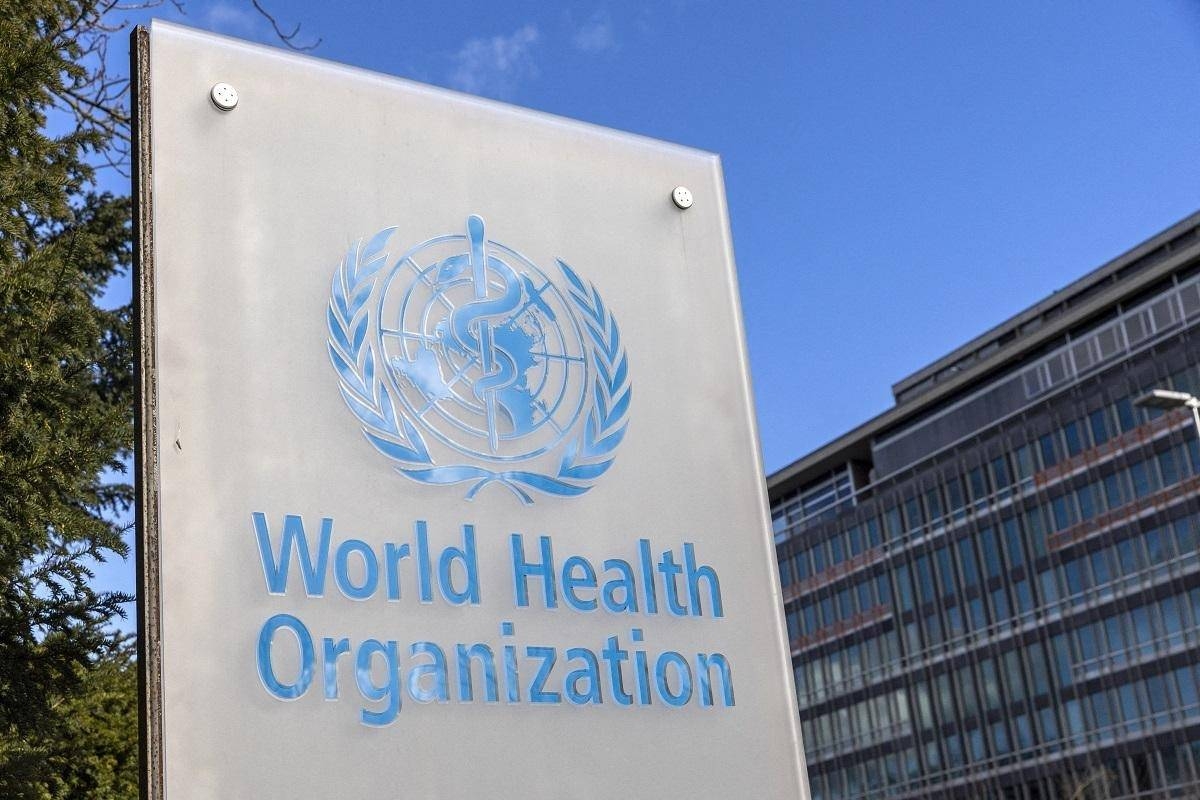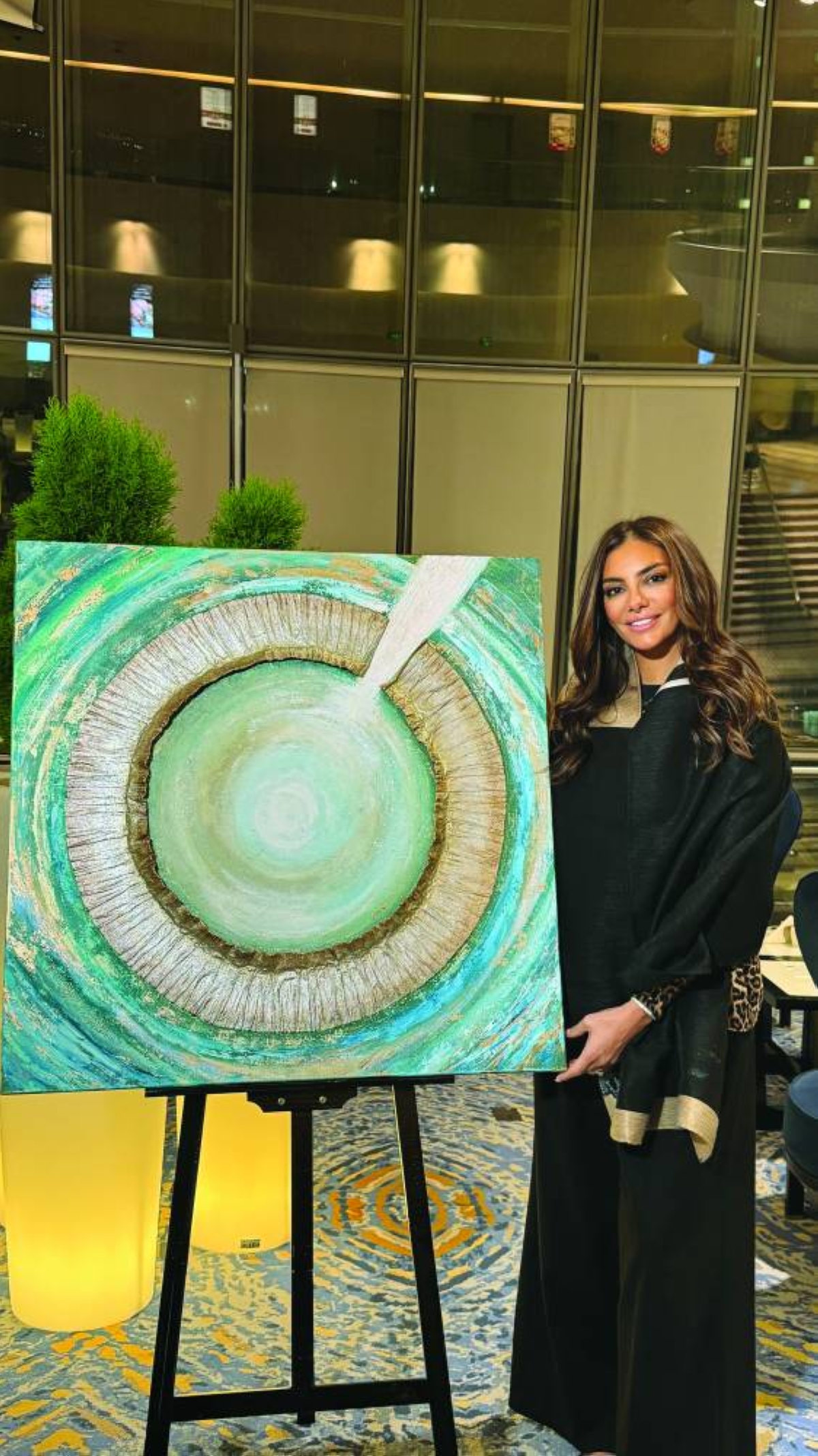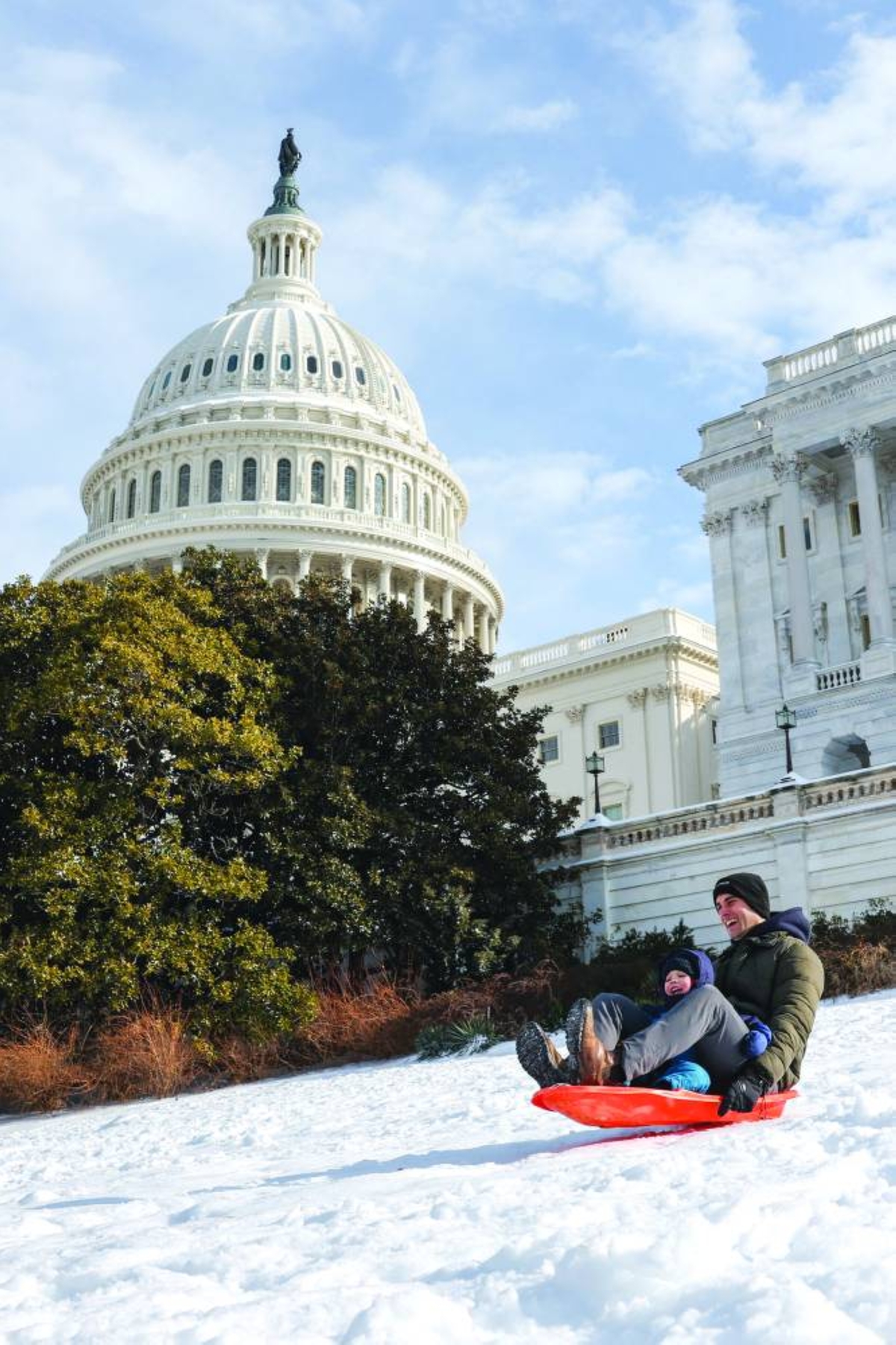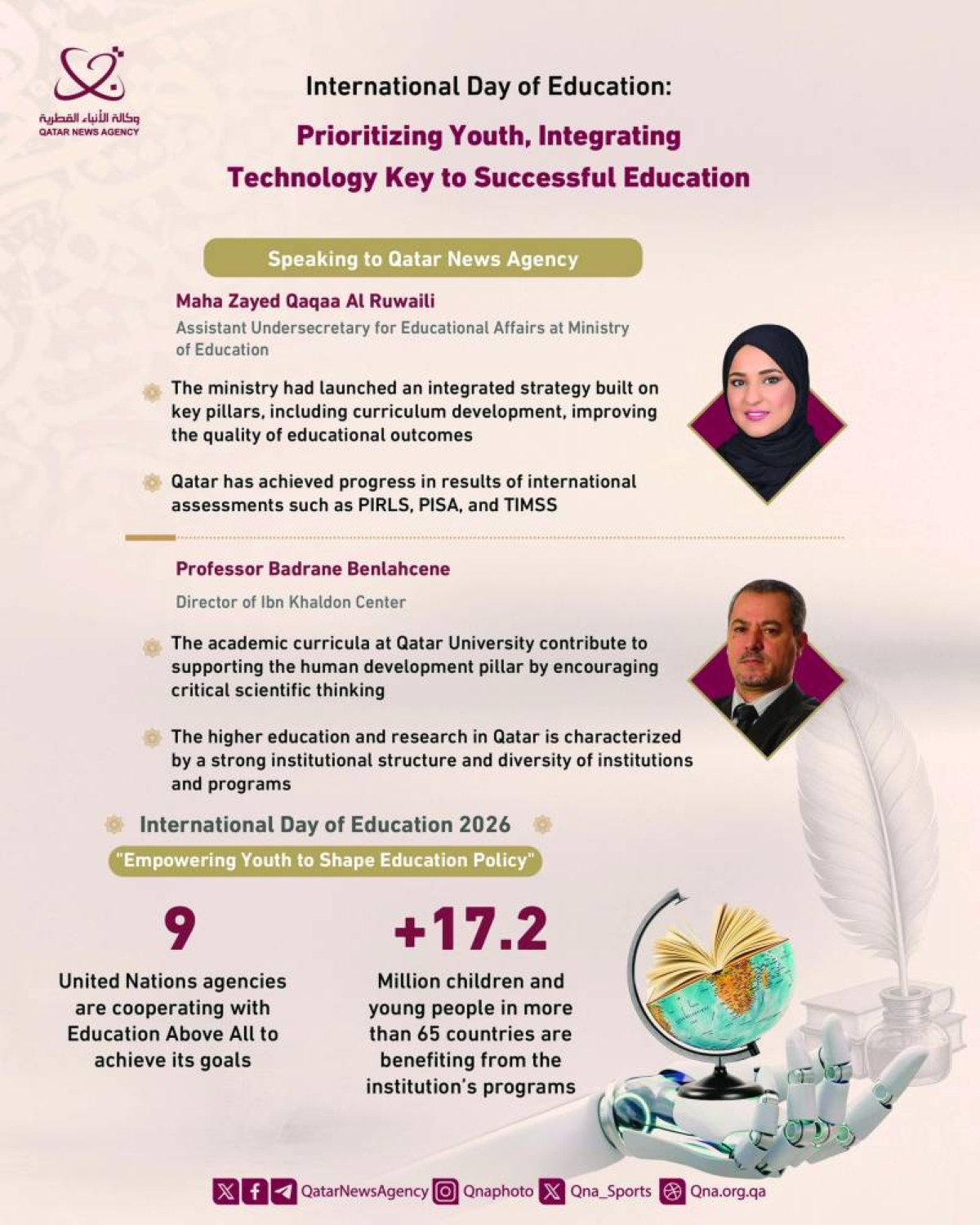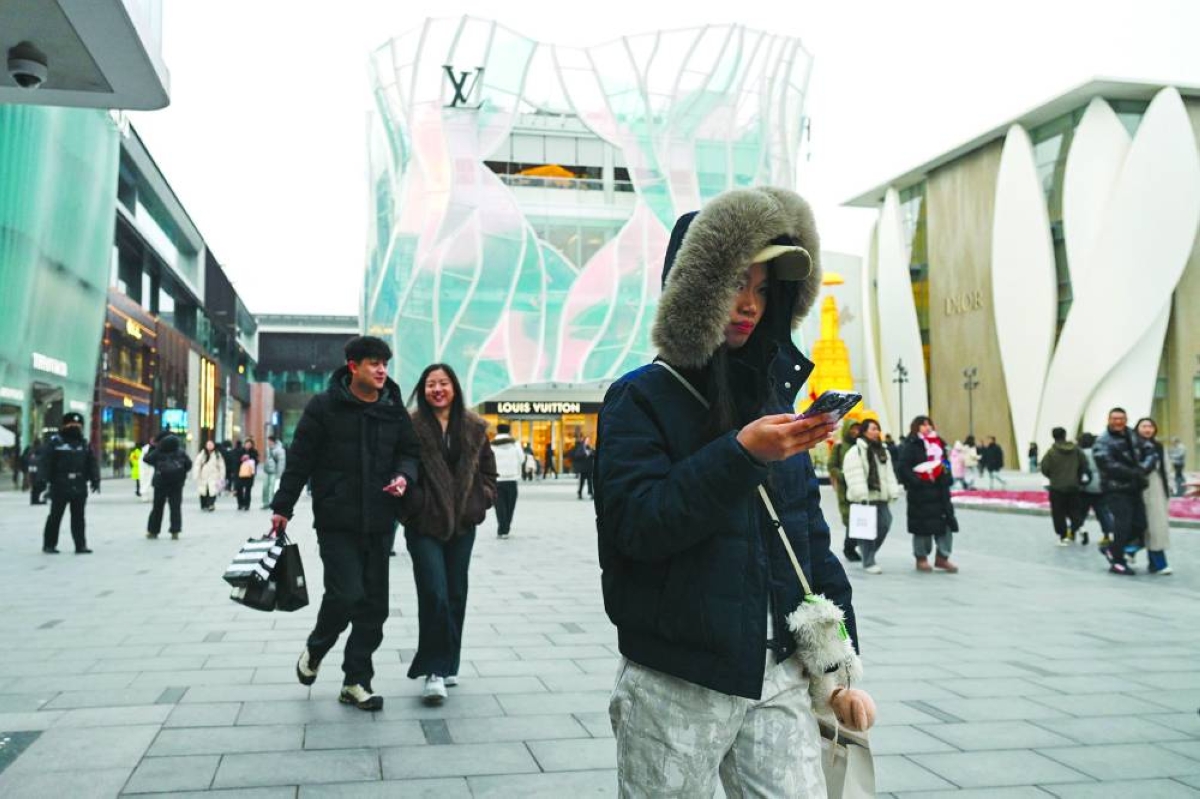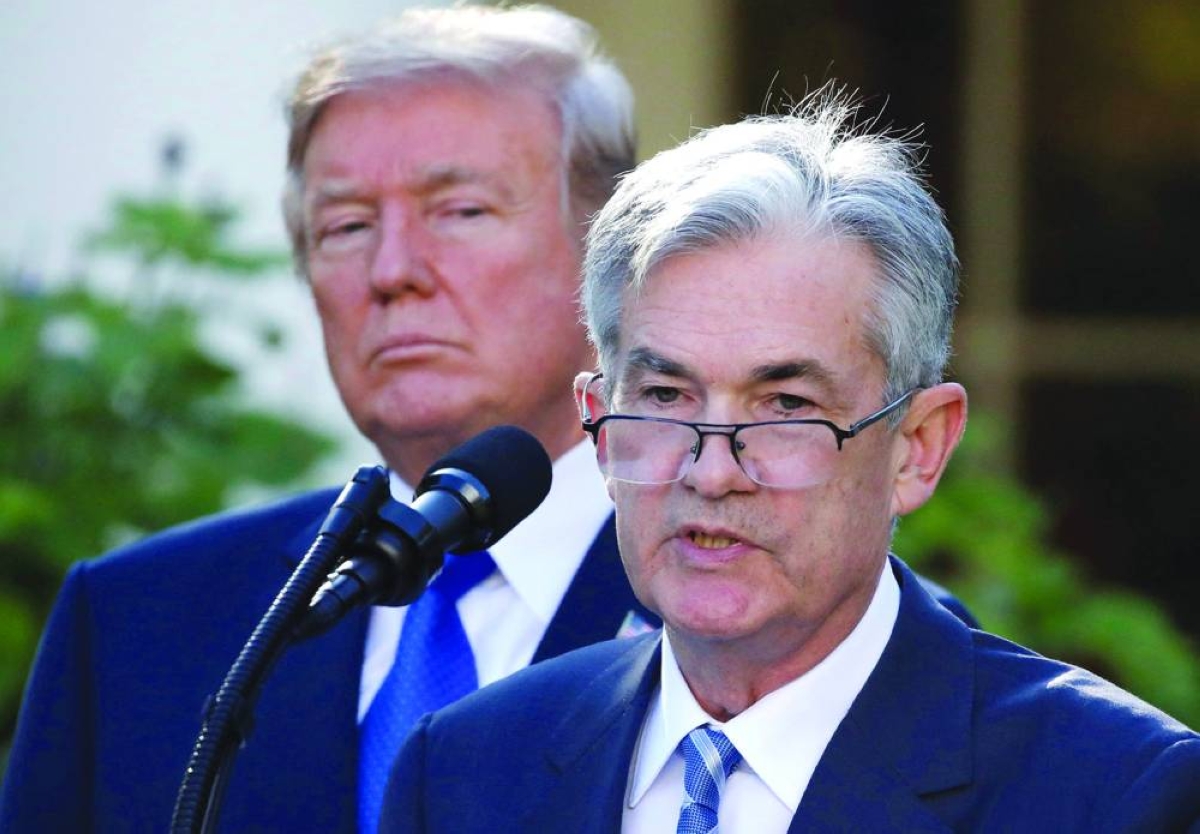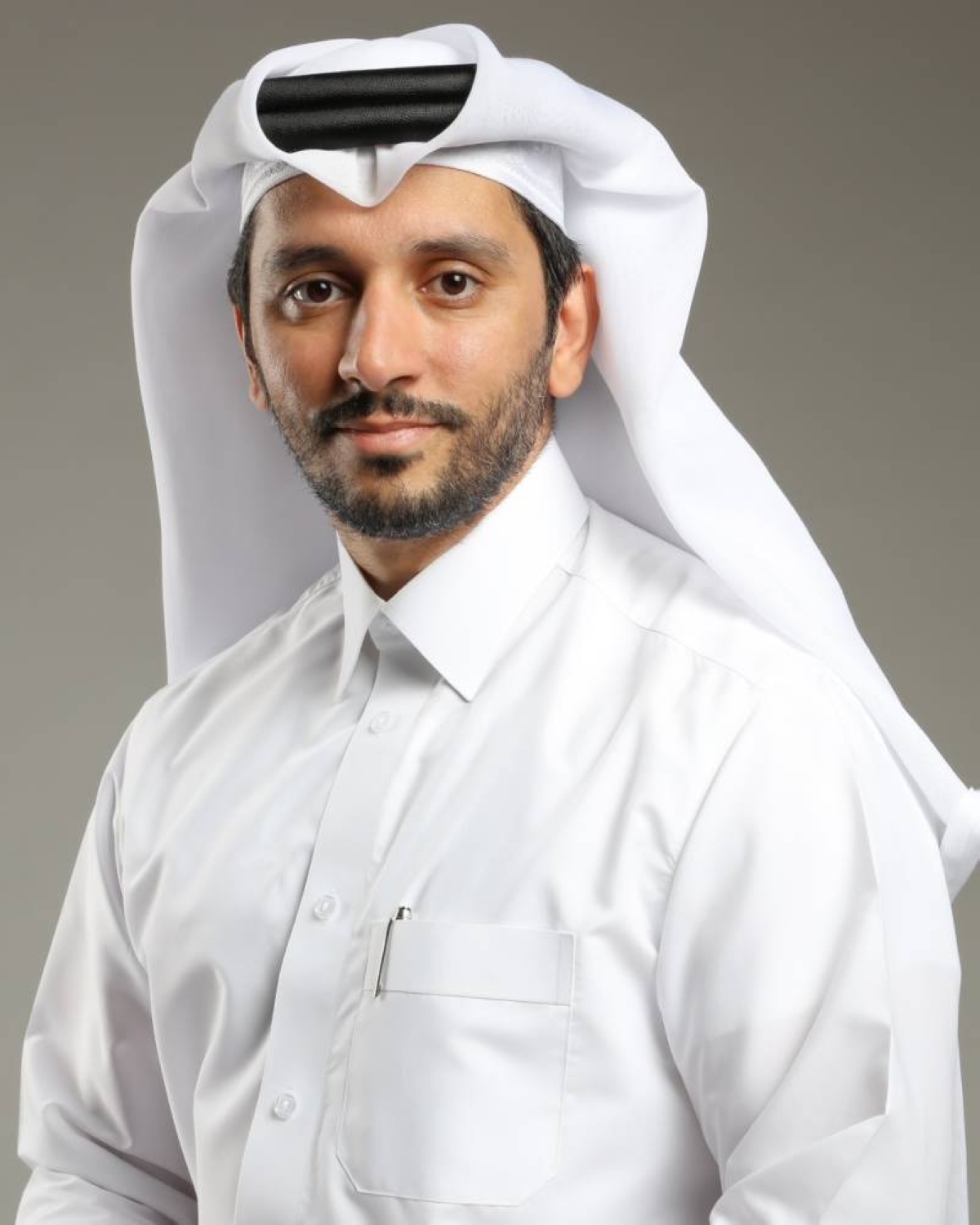Education is a fundamental pillar of sustainable development worldwide, with countries and international organisations attaching great importance to developing educational curricula and expanding the academic structures of educational institutions to advance societies and keep pace with the times, while also safeguarding and promoting humanitarian values.The selection by Unesco of the theme “Empowering Youth to Shape Education Policy” to mark the International Day of Education on January 24 embodies the role of young people as active agents in leading change and building a sustainable educational future, at a time when they constitute more than half of the world’s population and face challenges including poverty, limited opportunities, and difficulties in accessing quality education and decent work.Data issued by Unesco in 2024 show that approximately 251mn children and young people are deprived of schooling, despite decades of progress and continuous efforts to integrate them into education systems. In addition, 617mn children and adolescents face difficulties in reading or performing basic arithmetic, while the number of illiterate adults reaches around 771mn people, highlighting the urgent need to intensify efforts to curb this serious phenomenon and achieve education for all.The 2024 Global Education Monitoring Report by Unesco shows that the number of out-of-school children worldwide declined by only 1% over nearly a decade. While this decrease reflects some modest progress, it does not conceal the shortfall in investment in education, particularly in low- and middle-income countries.Unesco has called on member states to make use of innovative financing mechanisms, create educational measures better aligned with available resources, and highlight the role of youth in building an optimal educational community by encouraging educational institutions and community organisations to organise events and workshops that support youth leadership in education.In 2025, the celebration of the International Day of Education focused on artificial intelligence (AI) and education, aiming to preserve human intervention in an increasingly automated world and to redefine the role of education in empowering individuals to understand and influence technology, thereby ensuring a balance between innovation and maintaining the human role in the educational process.Sustainable developmentEducation represents a cornerstone for achieving sustainable development. In September 2015, the international community adopted education as one of the main pillars of the 2030 Agenda for Sustainable Development, recognising it as an essential condition for achieving all its goals. Goal Four of the agenda emphasises ensuring inclusive and equitable quality education and promoting lifelong learning opportunities for all, thereby strengthening human development. Article 26 of the Universal Declaration of Human Rights stipulates that every individual has a fundamental and inherent right to education, including access to free and compulsory primary education. Accordingly, the United Nations and Unesco strive to guarantee this right for all by eradicating poverty, achieving a promising future, and underscoring the importance of education as a key element in development. Over the past five years, International Day of Education events have focused on various ideas related to global challenges in the field. Themes included recovery post Covid-19, transforming education, using education to promote peace, and the integration of AI while preserving human agency.In Qatar, the wise leadership attaches great importance to education and its development in line with modern international standards and curricula. The Ministry of Education and Higher Education marks the International Day of Education annually, with the participation of public and private schools in organising a range of educational activities, workshops, exhibitions, and competitions, aimed at strengthening students’ awareness of social responsibility in the field of education.In this context, Assistant Undersecretary for Educational Affairs at the Ministry of Education Maha Zayed Qaqaa al-Ruwaili told the Qatar News Agency that Qatar National Vision 2030 represents the comprehensive strategic framework guiding state policies. She emphasised that one of its most important commitments is to develop educated individuals capable of innovation and effective contribution to national development through an education system that matches leading global systems.Al-Ruwaili added that the ministry had launched an integrated strategy built on key pillars, including curriculum development, improving the quality of educational outcomes, strengthening innovation and digital transformation in education, and achieving equity and equal opportunities. She explained that this is being implemented through qualitative projects and programs, most notably the development of the general framework for the national curriculum, the expansion of early childhood and inclusive education, the adoption of modern educational models such as STEM, and the diversification of academic, technical, and vocational pathways.She noted in this regard that the ministry has given special attention to early childhood education, achieving significant progress in raising kindergarten enrolment rates in line with international organisations’ recommendations. This was accompanied by efforts to increase the proportion of qualified teachers through the accreditation of specialised kindergarten teachers, while also ensuring that school buildings are equipped according to global standards that take into account the needs of students with disabilities.She further pointed out that the general framework of the national education curriculum of the State of Qatar has been issued, and that the learning management system Qatar for Education has been implemented across all public schools.Performance indicatorsAl-Ruwaili highlighted that high-quality education in Qatar has produced outstanding students, many of whom have achieved notable accomplishments in scientific, technological, and cultural competitions and Olympiads at the regional and international levels. She said this reflects the quality of education, the effectiveness of enrichment programs, and students’ ability to compete globally.She added that these efforts have translated into a marked improvement in international performance indicators, with Qatar achieving progress in results of international assessments such as PIRLS, PISA, and TIMSS, ranking at the top at the Arab and Gulf levels in some indicators.She also noted that topics related to artificial intelligence, introduced through progressively structured educational levels, will gradually be incorporated into early stages of schooling, alongside strengthening logical thinking skills and awareness of the responsible use of smart technologies. She added that this was being carried out in co-operation with the Ministry of Communications and Information Technology, in addition to the development of cybersecurity education curricula in their first and second editions in co-operation with the National Cybersecurity Agency. The quality of education and competitiveness indicators are measured by criteria that include educational quality, the research environment, the quality of scientific research, international openness, and co-operation with industry. The QS World University Rankings 2026 evaluate institutions based on five main indicators, led by research and discovery, employability and outcomes, global engagement, learning experience, and sustainability.Regarding higher education institutions in Qatar, Director of Ibn Khaldon Center for Humanities & Social Sciences, Professor Badrane Benlahcene, told QNA that the academic curricula at Qatar University in particular contribute to supporting the human development pillar by encouraging critical scientific thinking, raising the competencies of researchers and students, and providing platforms for scholarly dialogue that transform real-world issues into research questions that can be studied and measured.He said this approach aligns with building a knowledge-based economy, enhancing innovation in public policy management, developing development programmes, and strengthening the role of scientific research in serving society and decision-makers.



